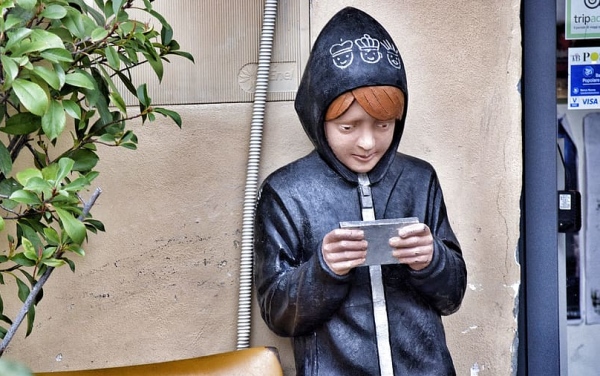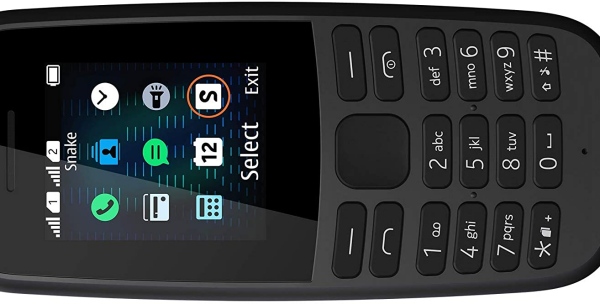Could age verified phones for kids work? SHOULD they?
If they have the right technology yes. Wait…

A few days ago, A. Stamos tweeted some “Ugly Truths” about phones and parenting:
- Preteens probably shouldn’t have phones, but parents give them anyway.
- Young teens shouldn’t be on social media, but parents allow.
- Older teens still need guidance and check-ins.
- If [app developers] have younger users, knowing and catering to that might be safer.
Starting from there, Stamos then proposed a “potential regulatory path forward on child safety”. This is the initial part, slightly edited for clarity:
- Replace the Children’s Online Privacy Protection Rule (COPPA) with a law that encourages a phased approach for kids < 10, 10-12, 13-15 and 16-18, instead of the one bright line at 13.
- Require mobile devices (phones and tablets) sold in the US to include a flow, triggered during initial setup, that asks if the primary user is a child and stores their birthdate locally. The calculated age (rounded to year) should be provided via API to every app.
- Require apps that will allow users under 18 to publish their child safety plans for each of the relevant age ranges above… [as this would…] at least encourage thoughtful design.
- Require app stores to allow [downloads of those apps] only to phones with an adequate birthdate stored insidee
Maybe the problem is bad definitions, not bad apps
Stamos correctly acknowledges that his proposal would only be the initial step in the right direction of solving a very complex problem. Honestly, though, the whole approach seems to me one more case of the very american tendency to fix misuse of technology with just more, unnecessarily complicated and expensive technology. It feels like this, basically:

I do not say this because COPPA is a US-only law. Nor I say it because, in practice the only way to be sure that, for example, parents didn’t give their children unrestricted phones would be to continuously take those phones from the children, and check (that is, basically, to never leave the children without some guardian).
I say this because there is no need at all of anything so complicated and expensive.
I say this because, if children means “humans less than 13, maybe 14 years old”, we already have all the technology that would really help them to not waste countless hours of sleep, or to avoid all sorts of abuse on social media. It’s technology that is already available everywhere, and it’s really affordable too. Here it is:

That’s the basic flaw of approaches like that: they give for granted the equation “phone = smartphone” as if it were a law of physics.
Normal phones are here today, and are much cheaper than any smartphone. Normal phones need no regulators or corporation surrogating parents to save children from social media, or obsessive gaming. At the same time, normal phones still give all children and parents everything they really need to stay in touch, even in emergencies. Basically, normal phones for children are bad only for GDP and for parents who can’t resist peer pressure from other parents.
No, this is not luddite parenting
I said this years ago: yes, of course children should discover and practice the Web, programming, digital communications, digital maps and so on well before they turn thirteen, maybe even for several hours every day. But that is another issue. Something that, in this phase of our SPECIES, is way, way simpler and safer to achieve by giving children access to shared smartphones, tablets and, maybe even better (*): desktop computers, at home or at school. That is, only when there is someone around to assist them.
In other words, what’s really wrong with kids using personal smartphones is not what apps are in those smartphones, it’s the “personal” part:

Again, the problem in this picture is not what apps are on that phone: it is that the kid is alone (*).
(*) see the “best porn filter ever” line in the already linked post
Who writes this, why, and how to help
I am Marco Fioretti, tech writer and aspiring polymath doing human-digital research and popularization.
I do it because YOUR civil rights and the quality of YOUR life depend every year more on how software is used AROUND you.
To this end, I have already shared more than a million words on this blog, without any paywall or user tracking, and am sharing the next million through a newsletter, also without any paywall.
The more direct support I get, the more I can continue to inform for free parents, teachers, decision makers, and everybody else who should know more stuff like this. You can support me with paid subscriptions to my newsletter, donations via PayPal (mfioretti@nexaima.net) or LiberaPay, or in any of the other ways listed here.THANKS for your support!